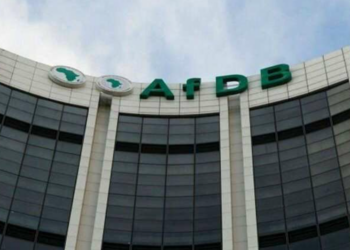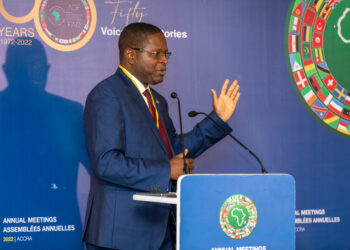Africa’s workforce is rapidly expanding, hosting the continent’s top 10 most populous cities.
It is driven by a young, urbanizing population that is increasingly demanding fair compensation and better living standards.
As millions enter the labor market over the next decade, wages have become more than a simple cost for employers.
They are a key measure of economic health, social stability, and purchasing power.
Despite holding promises and being home to some of the fastest-growing economies based on gross domestic product, understanding pay in Africa requires looking beyond nominal figures.
The real value of wages is shaped by purchasing power, which determines how far salaries go in covering essential goods and services, and purchasing parity, which enables meaningful comparisons of living standards across different economies.
In many cases, higher nominal wages may not translate into improved livelihoods if inflation, high costs of living, or poor access to basic services erode their value.
This context sets the stage for examining the top African countries with the highest minimum wages in 2025. These nations provide insight into where governments are prioritizing labor protections and economic resilience.
Their wage policies reflect both regulatory frameworks and attempts to align compensation with local purchasing realities.

Minimum Wage: $377
Mauritius, with a 2025 population of about 1.27 million, remains one of Africa’s most stable and diversified economies. The island nation’s labor force stood at nearly 595,000 in 2024, with just over half of its working-age population in employment, reflecting both progress in formal labor participation and ongoing structural challenges.
Economic growth is projected at 3% this year, underpinned by resilient tourism, financial services, and a growing technology sector. Nominal GDP is estimated at $15.5 billion, translating to $12,330 per capita.
This places Mauritius among the continent’s highest-income economies, though its share of global GDP remains modest at 0.02%.
Inflation, projected at 3.6% in 2025, underscores the delicate balance between sustaining growth and protecting household purchasing power in an import-dependent economy.
The latest major increase to the Mauritian national minimum wage took effect on January 1, 2024



























How much costs the screwless dental implant here in Mauritius